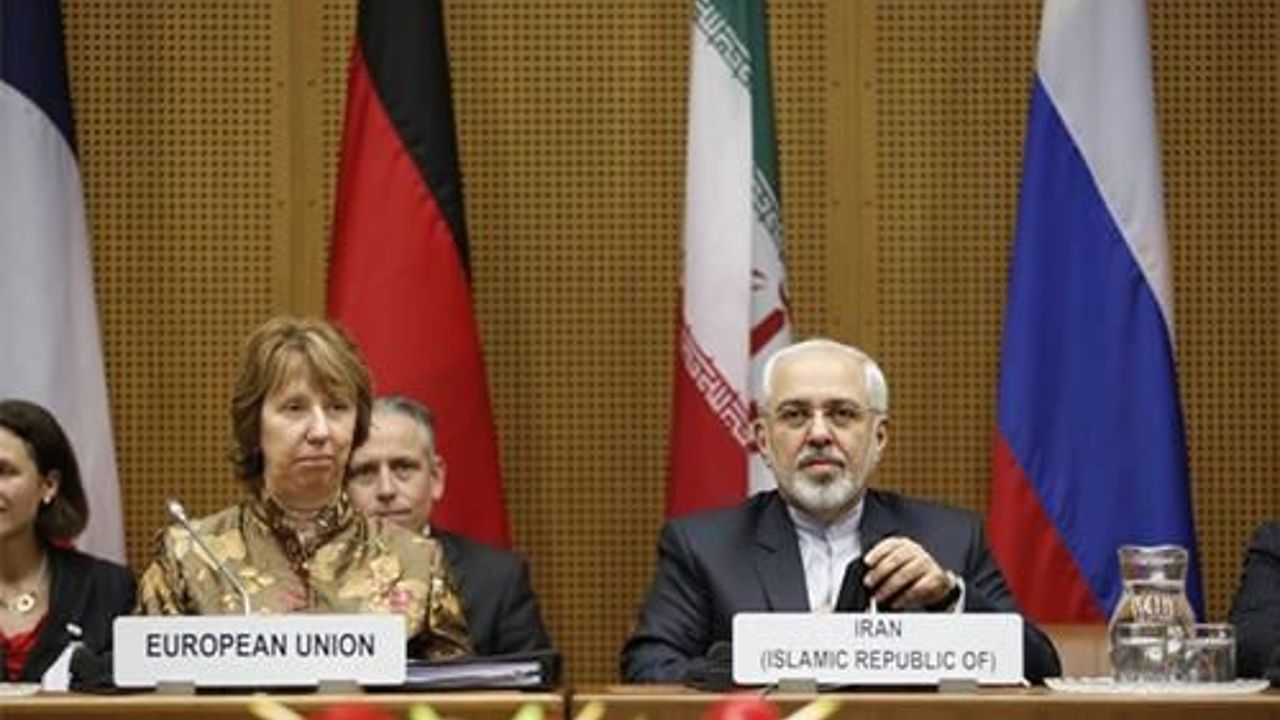Envoys make contradictory comments after Iran nuclear talks
World |
Iran and six major powers group meet for new round of nuclear talks following three days of bilateral negotiations in Geneva.

Font Size:
Contradictory comments came from negotiators after Iran and the six major powers group, P5+1, met for a fresh round of nuclear talks on Sunday following three days of bilateral negotiations in Geneva to reach a permanent settlement.
"We had very extensive negotiations today. We reviewed all the subjects on the table," Iran's Deputy Foreign Minister Abbas Araqchi told reporters.
"Talks were very serious and useful. We decided to continue (talks) early February," he added.
The five permanent members of the U.N. Security Council -- the U.S., the U.K., China, France and Russia -- plus Germany, also known as the P5+1 group, believe that Iran is developing nuclear weapons and want Tehran to curb its nuclear program in return for lifting sanctions.
Iran, however, says its nuclear program is for peaceful civilian purposes.
"We are still trying to bridge the gaps between the two sides; we try our best...we are always hopeful," Araqchi added.
China's negotiator Wang Qun made similar comments, saying that negotiations were serious and pragmatic."
However, France's envoy Nicolas de Riviere said: "I do not think we have made a lot of progress."
Both sides have already missed two deadlines for a permanent deal on Iran's nuclear program.
U.S. Secretary of State John Kerry and Iranian Foreign Minister Javad Zarif met in Geneva on Jan. 14 in a bid to "speed up the process."
Negotiations in the Austrian capital, Vienna, on Nov. 24, 2014 were expected to be the final round of talks between Iran and the group of world powers, but the deadline for a permanent settlement was extended until the end of June 2015.
Anadolu Agency
"We had very extensive negotiations today. We reviewed all the subjects on the table," Iran's Deputy Foreign Minister Abbas Araqchi told reporters.
"Talks were very serious and useful. We decided to continue (talks) early February," he added.
The five permanent members of the U.N. Security Council -- the U.S., the U.K., China, France and Russia -- plus Germany, also known as the P5+1 group, believe that Iran is developing nuclear weapons and want Tehran to curb its nuclear program in return for lifting sanctions.
Iran, however, says its nuclear program is for peaceful civilian purposes.
"We are still trying to bridge the gaps between the two sides; we try our best...we are always hopeful," Araqchi added.
China's negotiator Wang Qun made similar comments, saying that negotiations were serious and pragmatic."
However, France's envoy Nicolas de Riviere said: "I do not think we have made a lot of progress."
Both sides have already missed two deadlines for a permanent deal on Iran's nuclear program.
U.S. Secretary of State John Kerry and Iranian Foreign Minister Javad Zarif met in Geneva on Jan. 14 in a bid to "speed up the process."
Negotiations in the Austrian capital, Vienna, on Nov. 24, 2014 were expected to be the final round of talks between Iran and the group of world powers, but the deadline for a permanent settlement was extended until the end of June 2015.
Anadolu Agency
Similar News
Video News

WORLD
26 Mart 2024 - 11:18
Photo News






